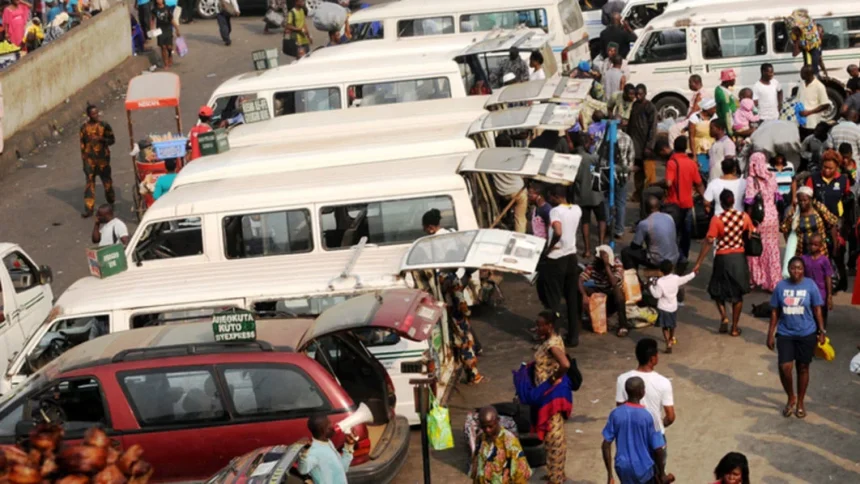This year’s Sallah celebrations have been overshadowed by a steep rise in the prices of food items, livestock, and transportation, placing a heavy burden on many households already navigating a tough economy.
From Lagos to Ogun and Osun States, celebrants expressed frustration over rising costs. The price of basic goods such as tomatoes, pepper, and onions has surged dramatically, with traders attributing the increases to insecurity, transport disruptions, and logistics challenges. For instance, a crate of tomatoes that sold for ₦15,000 now costs up to ₦30,000, while a bag of onions has jumped from ₦72,000 to ₦120,000 in some markets.
Livestock prices also skyrocketed. Rams that previously sold for ₦150,000 are now priced at ₦250,000, with cows ranging between ₦600,000 and ₦1.5 million. Many families, unable to afford both, had to compromise. A Lagos-based celebrant shared that her family could only manage to buy a cow this year, unlike previous years when they also bought rams.
Transport fares rose sharply due to the holiday rush, particularly on intercity routes. For instance, a bus trip from Lagos to Osogbo jumped from ₦7,200 to over ₦10,000. Overcrowding and high demand only added to the stress. Some passengers reported uncomfortable conditions, including overcrowded buses and fluctuating ticket prices.

While some Nigerians opted to travel by rail, spurred by additional trains introduced by the Nigerian Railway Corporation (NRC), many still had to cope with long waits and high volumes of passengers. The NRC’s Lagos-Ibadan, Abuja-Kaduna, and Warri-Itakpe routes witnessed record passenger turnouts, according to officials, who pledged continued service improvements.
Economist Prof. Tayo Bello blamed inflation for the spike in prices, noting that wage increases have not matched the rising cost of living. He criticized the floating exchange rate and urged the government to take a more active role in managing the economy, improving security for farmers, and investing in infrastructure to promote stability and reduce urban migration.
Despite the challenges, many Nigerians observed the Sallah rituals, though with fewer resources and more sacrifices. The celebration, for many, was more symbolic this year—a reflection of resilience amid economic hardship.



